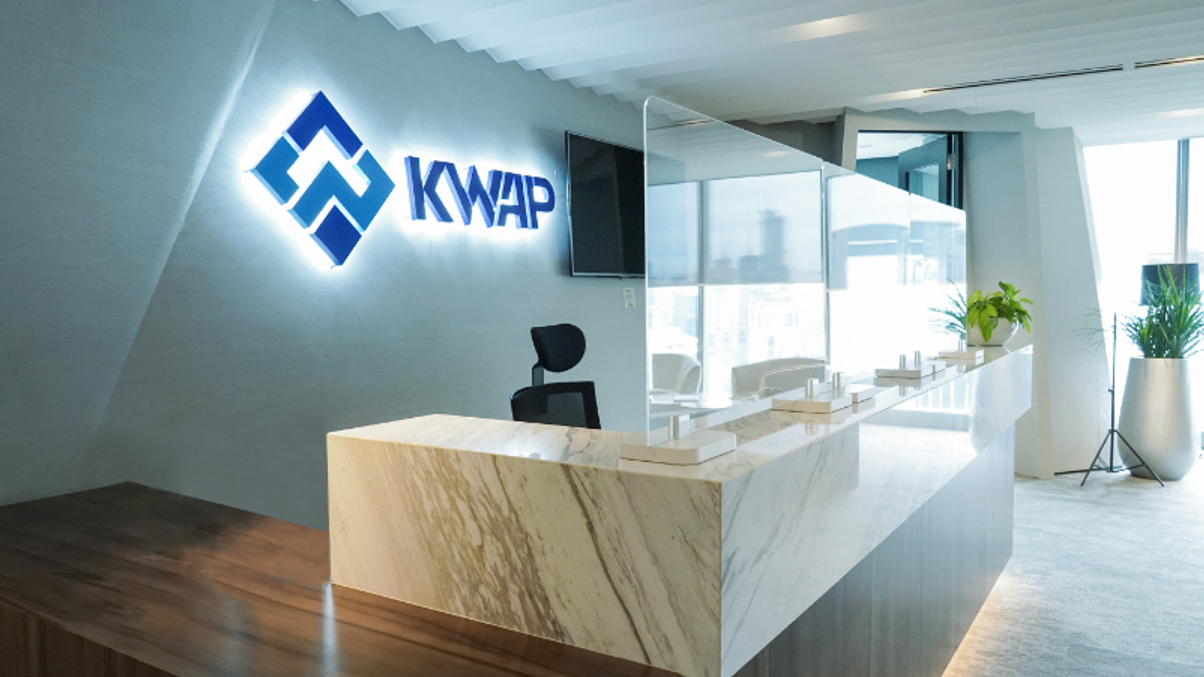A good GP is tough, transparent and unafraid, says Kwap PE head
The Malaysian Retirement Fund Incorporated (Kwap) believes in taking an inclusive approach toward ESG investing.

When it comes to a successful relationship between the asset owner and general partner (GP), transparency and active engagement are key to a successful relationship, according to a senior official of Malaysia’s Retirement Fund Incorporated (Kwap).
Sign in to read on!
Registered users get 2 free articles in 30 days.
Subscribers have full unlimited access to AsianInvestor
Not signed up? New users get 2 free articles per month, plus a 7-day unlimited free trial.
¬ Haymarket Media Limited. All rights reserved.


